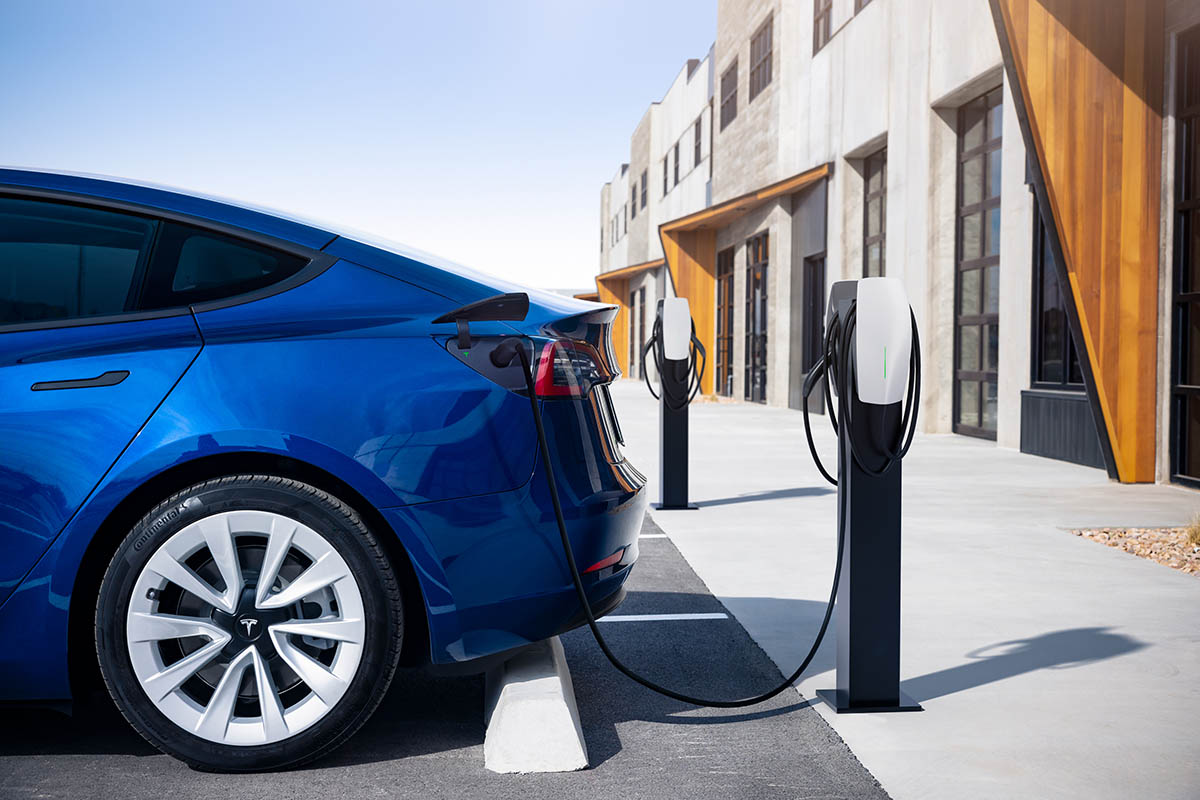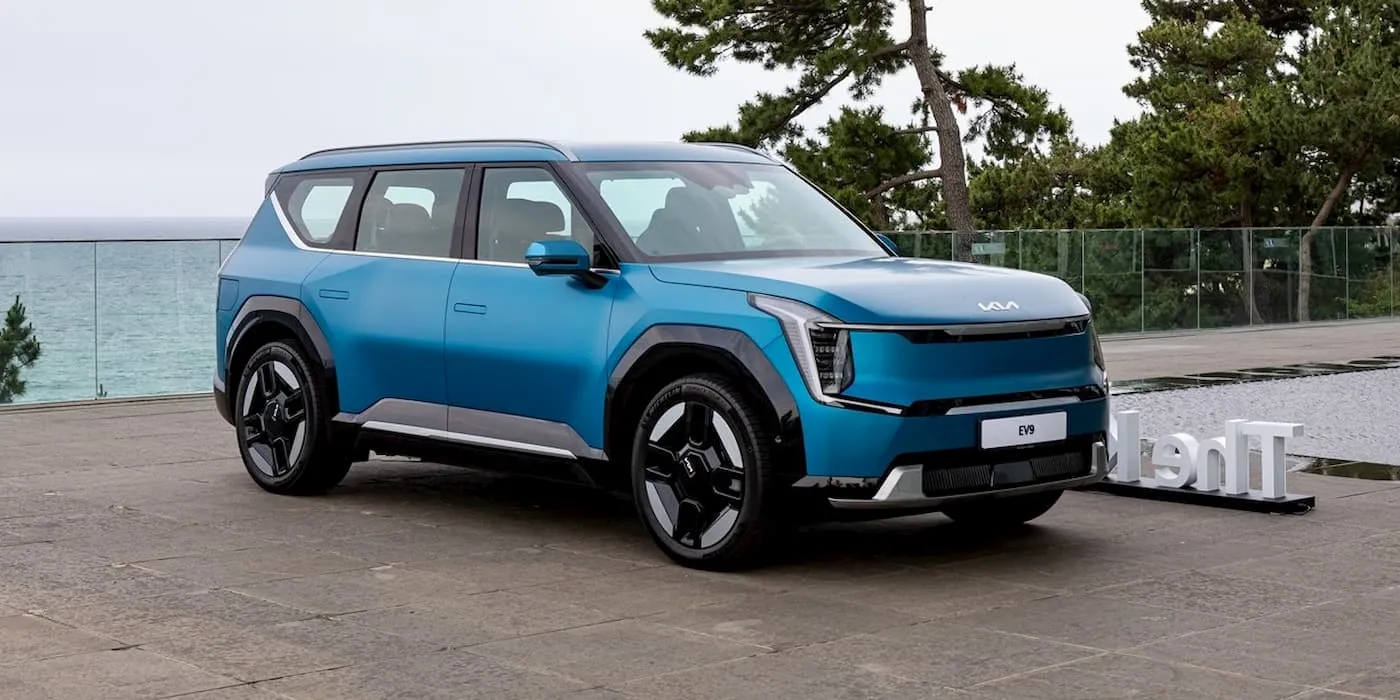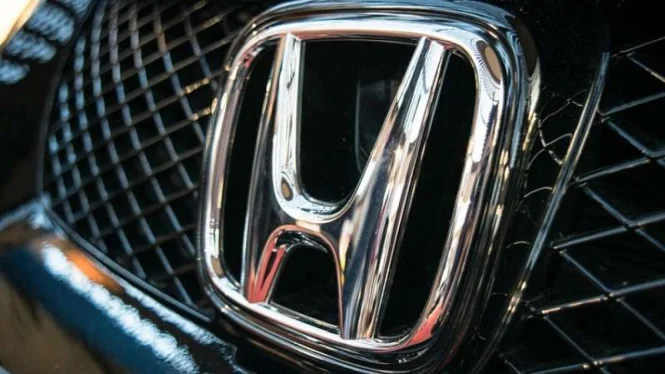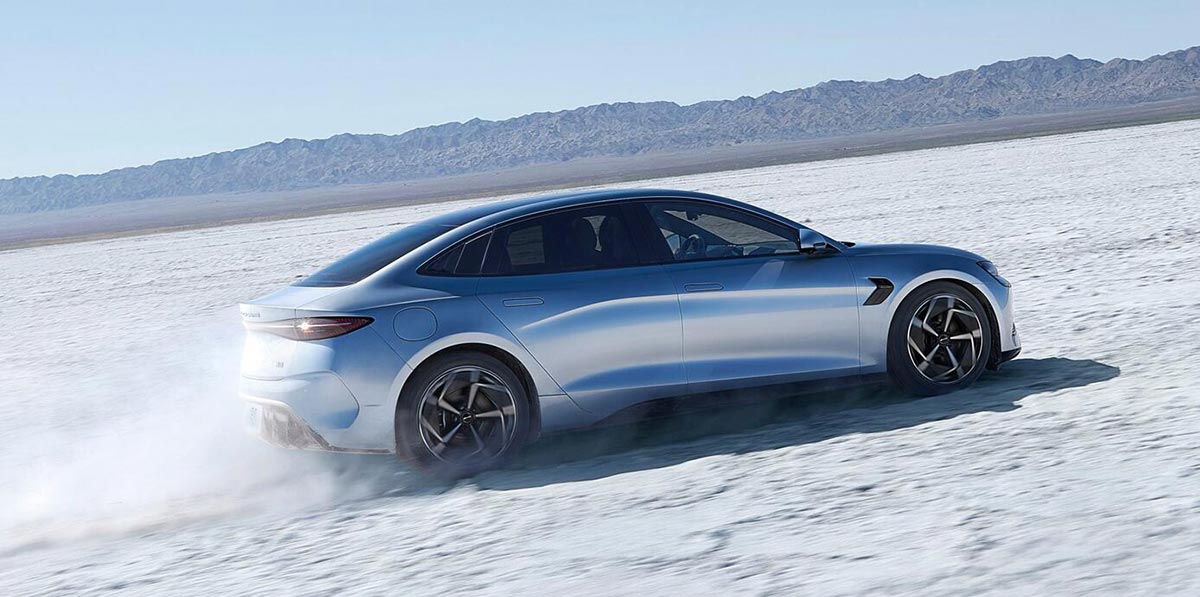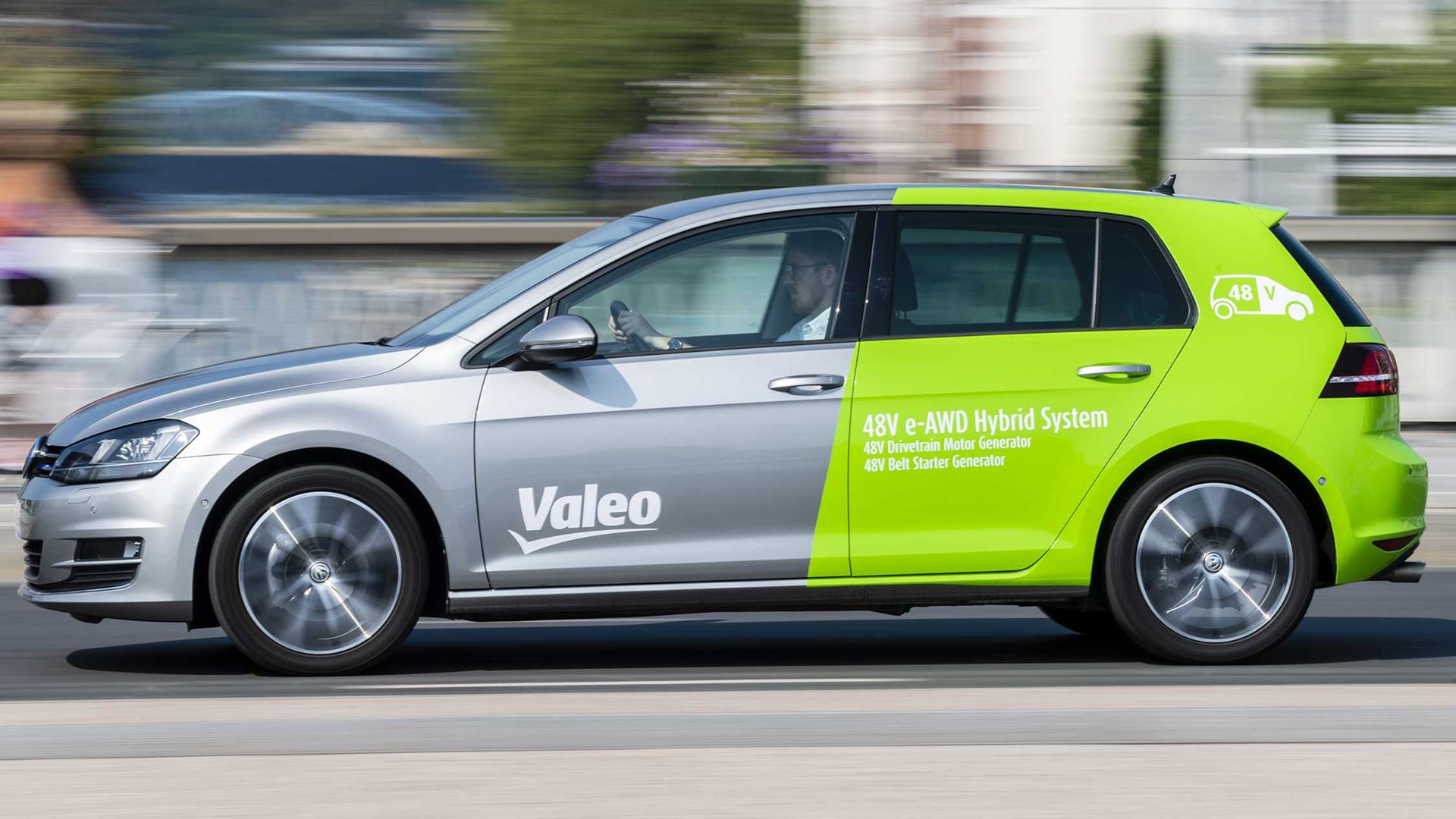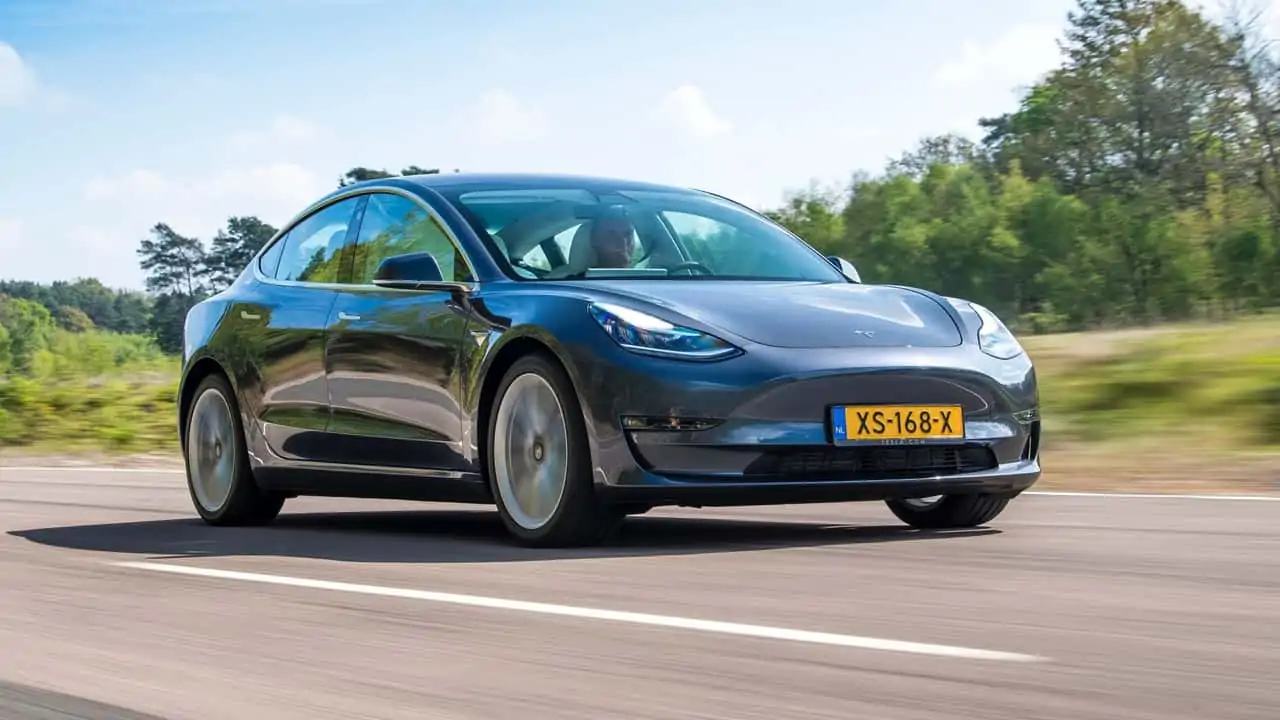The European Union (EU) must reassess its strategies to enable a ban on new petrol car sales by 2035, as electric vehicles (EVs) remain costly and alternative fuels lack credibility, warns the EU’s external auditor. This challenge jeopardizes the EU’s 2050 climate goals of achieving net zero emissions.
With road transport accounting for nearly a quarter of EU emissions, the bloc aims to have at least 30 million zero-emission cars on its roads by 2030, constituting about 12% of the current car fleet. However, the European Court of Auditors (ECA) cautioned that the EU may develop new economic dependencies and harm its own industry in pursuing this goal.
Current high EV production costs in Europe imply a reliance on cheap imports, primarily from China, if the EU adheres to the 2035 target. China currently dominates EV battery output, accounting for 76% globally, compared to the EU’s less than 10% share.
“The EU faces a conundrum, how to meet goals without harming industrial policy and hurting consumers,” remarked Annemie Turtelboom, an ECA member, highlighting 2026 as a crucial year for policy review.
While Tesla leads the EV market in the United States and Europe, pressure to reduce prices has intensified due to competition from Chinese automakers. European manufacturers like Stellantis (owner of Peugeot and Fiat) and Renault are also hastening to develop affordable EV models.
Despite a rise in EV purchases in the EU, largely driven by subsidies, challenges remain. The EU falls short of its aim to establish 1 million charging stations across the bloc, with 70% of existing points concentrated in Germany, France, and the Netherlands.
“E(V) prices would need to halve, and subsidies do not seem to be a viable tool … Batteries alone already cost 15,000 euros when produced in Europe,” added Turtleboom.
Alternative fuels such as biofuels, e-fuels, or hydrogen remain economically unviable at commercial scale.
Additionally, the ECA noted that the EU has not reduced real CO2 emissions from cars despite implementing new testing standards and measures such as Euro 6. The gap between laboratory tests and real-world emission tests has contributed to this discrepancy. On average, emissions from diesel cars have remained unchanged since 2010, at 170 grams of CO2 per kilometer, while petrol cars have only seen a marginal decrease of 4.6%, averaging over 160 g CO2/km.
“Despite lofty ambitions and strict requirements, most conventional cars still emit as much CO2 as 12 years ago,” said Nikolaos Milionis, an ECA member, attributing part of this failure to the increase in the average weight of cars.

